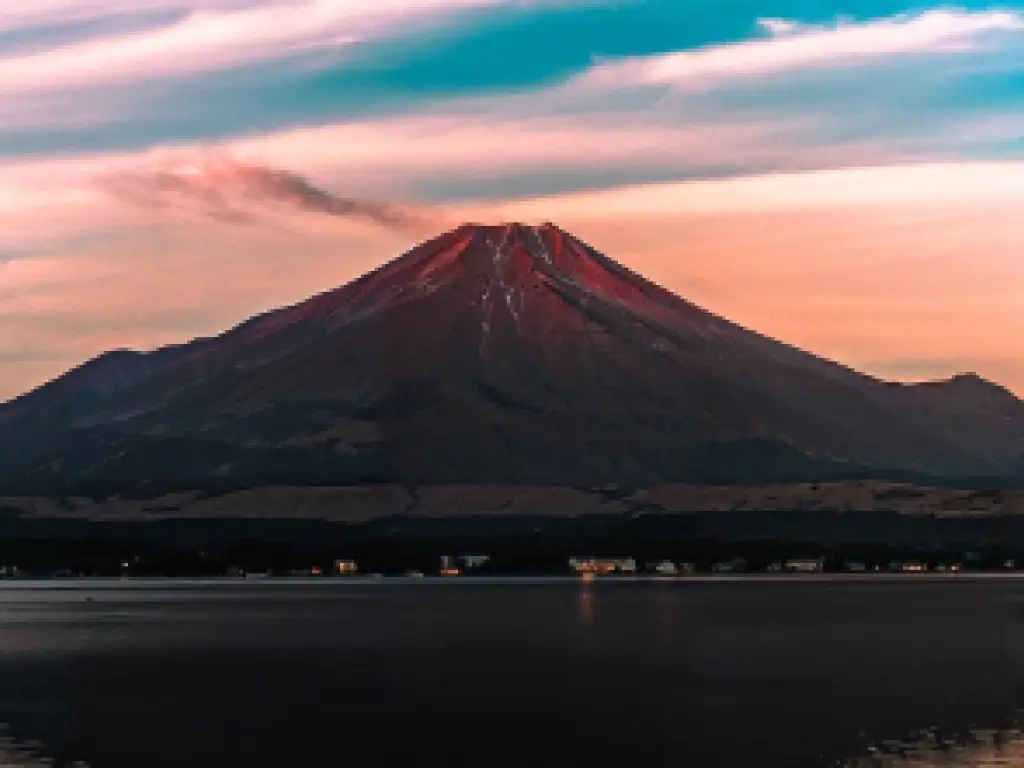Mount Fuji, which is the biggest tourist attraction in Japan, has recorded a delay in snowfall at its peak in what researchers are calling the longest period of no snow on the summit in recorded history. This year the autumn is much warmer than usual and the otherwise snowy mountain with a height of 3776 meters remains without snow, which causes concern about climate change in Japan’s most famous natural attraction. Normally, snow is expected to be the case as early as the end of September for Fuji’s summit, but in this particular year, up to and including late October, warmer than usual temperatures continue to dictate the weather, and there is no sign of the snowcap as is supposed to be the case.
This delay is just a small example of the effects of weather in Japan, which recently had its second warmest summer on record with an average temperature having risen by 1.76°C (3.1°F) against the normal level during June-August. In September, it persisted as warming air flows prevailed because of the shift of the sub-tropical jet stream northwards, thereby again denying Fuji’s top the cool air that is needed to create early-season snow.
To people from Japan and climate scientists for that matter, it is worrisome that there is no snow on Mount Fuji. From the Kofu Local Meteorological Office, Yutaka Katsuta opined that this year’s delay is not due to seasonal change but is as rare as there are two similar records back in 55 and 2016. After Japan’s Meteorological Society identified 1,497 regions as having experienced ‘ very hot’ days in September alone, besides immediate concerns, it is time to think about longer-term climate impacts on Japan’s terrain and flora-fauna.
Though it may yet be impossible to tie a specific event to climate change, climatologists are sure that the warmer-than-usual temperatures recorded in the February-March wonder fall in line with what is expected of the climatic trend. Since climbing to the top of Mount Fuji is practically nudity, the bare top can symbolize the climate change changes that continue to affect the traditions, tourism, and ecology of Japan’s most recognizable mountain.
It is still November, and that Fuji is snowless should also make people aware that something needs to be done to avoid further deterioration in the climate, hence losing more snow on Fuji in the future.











